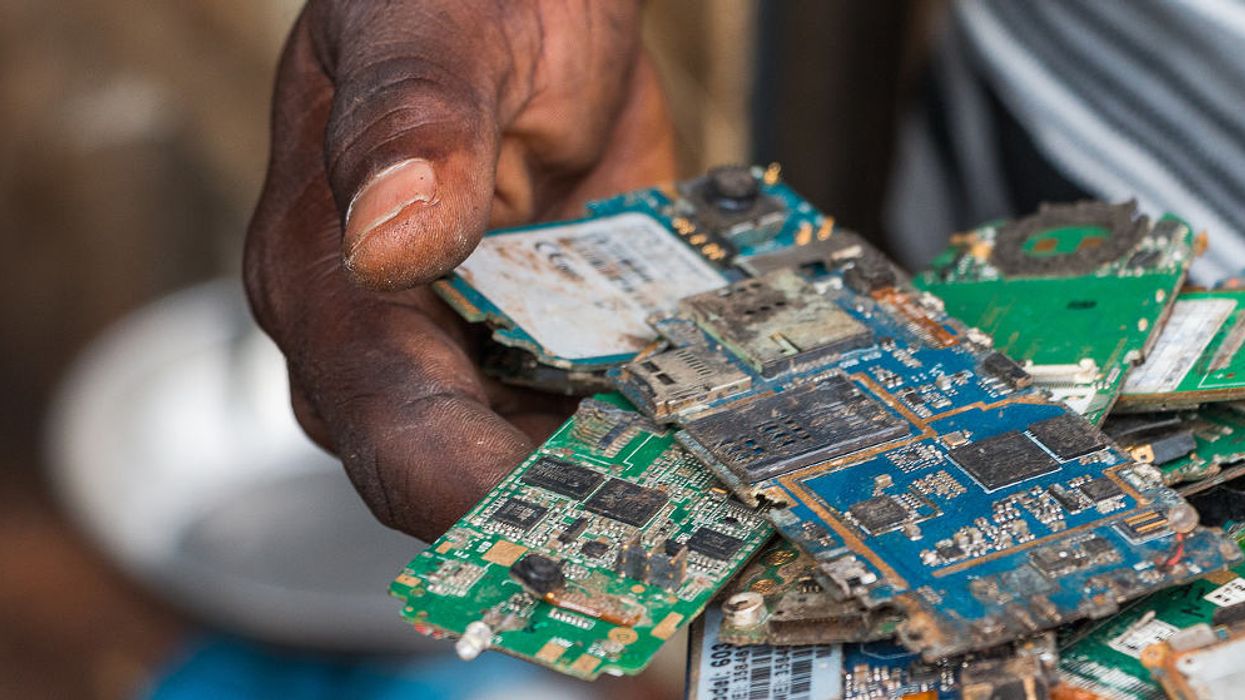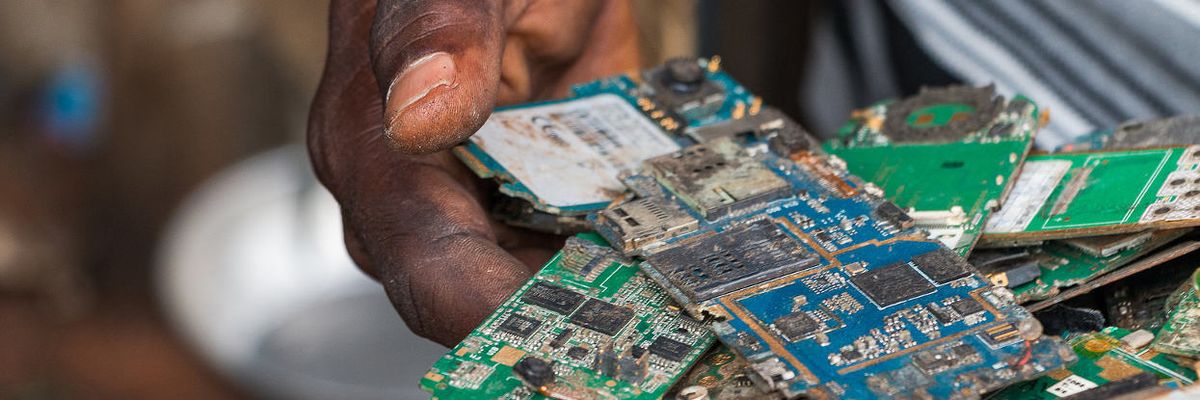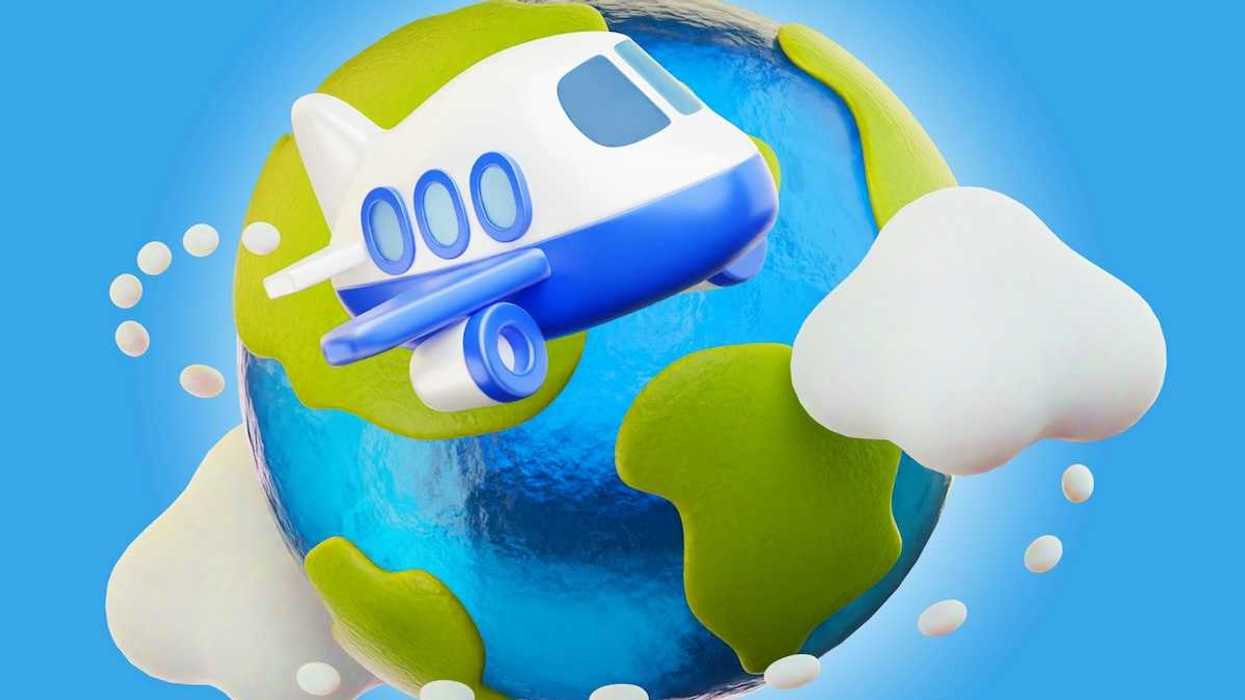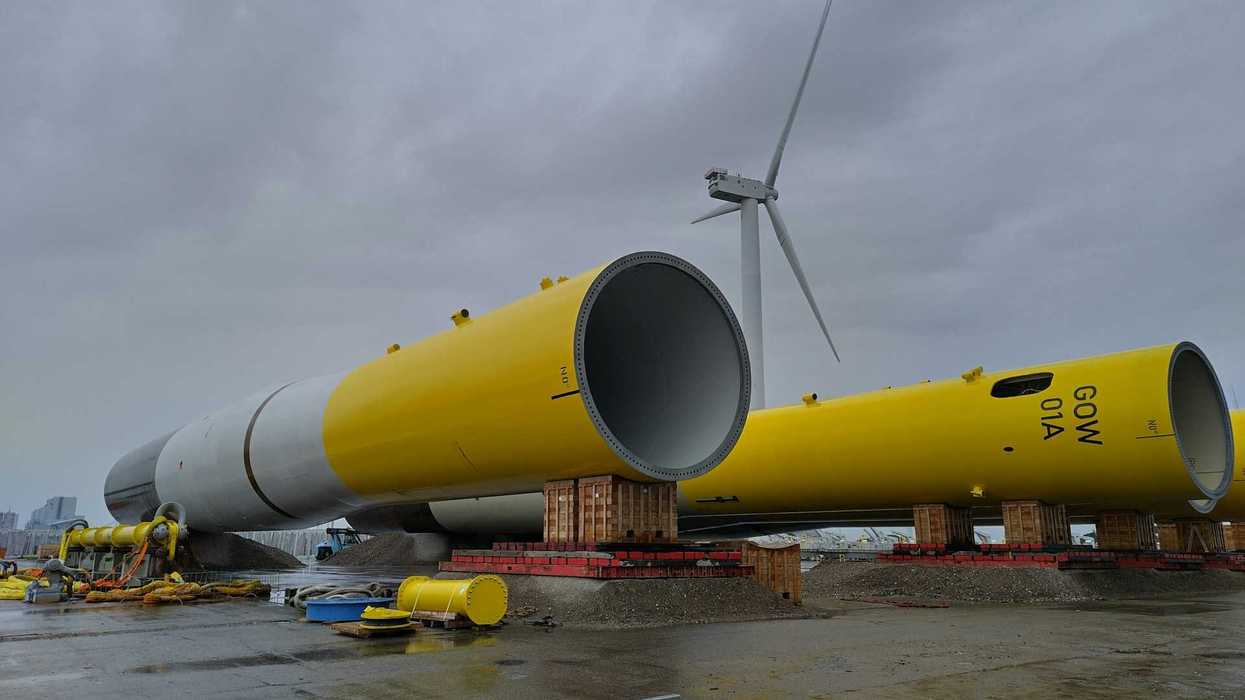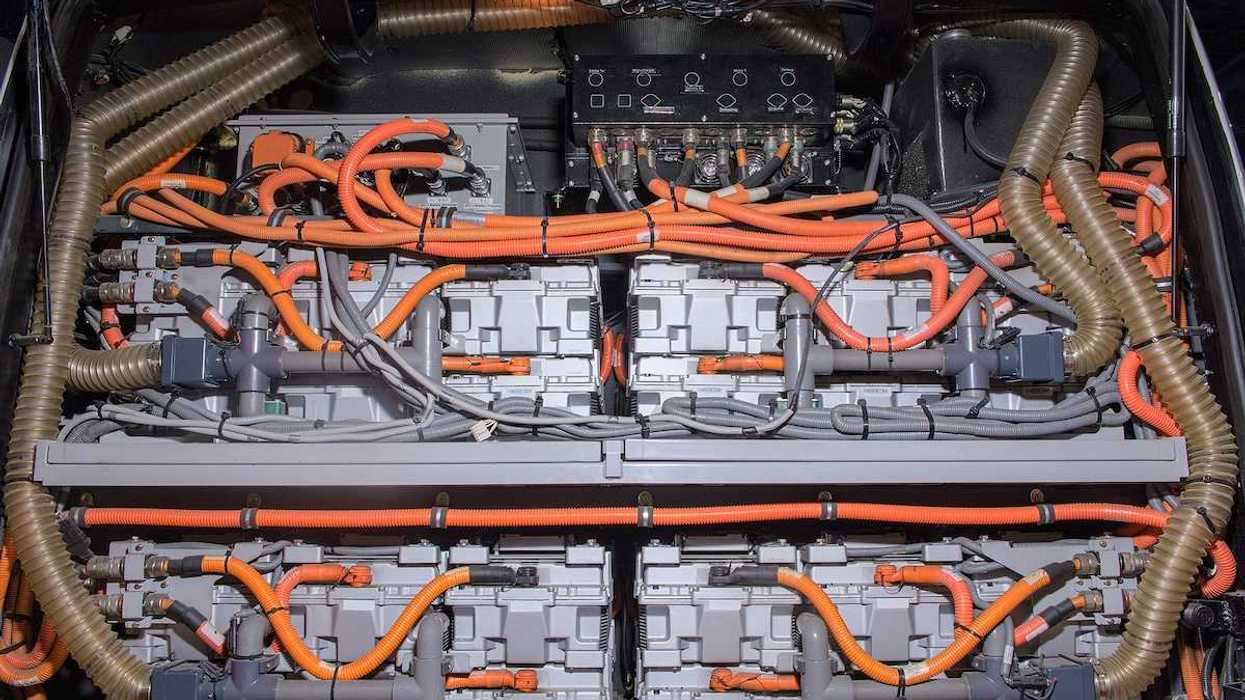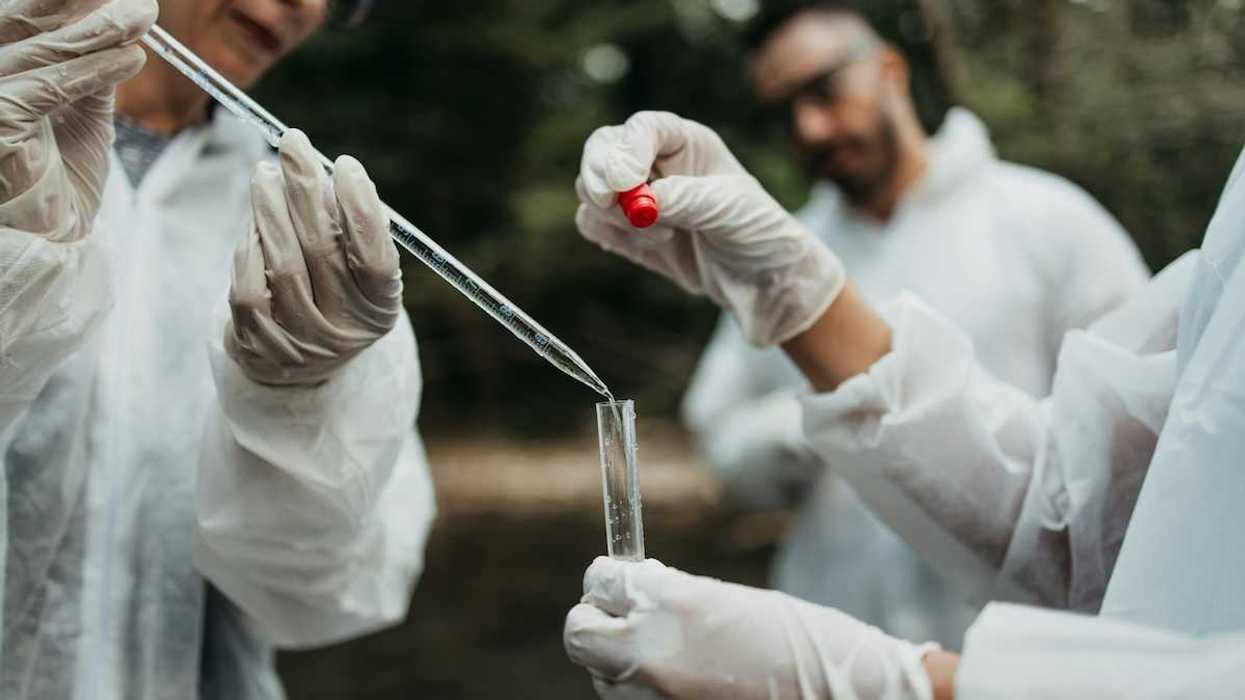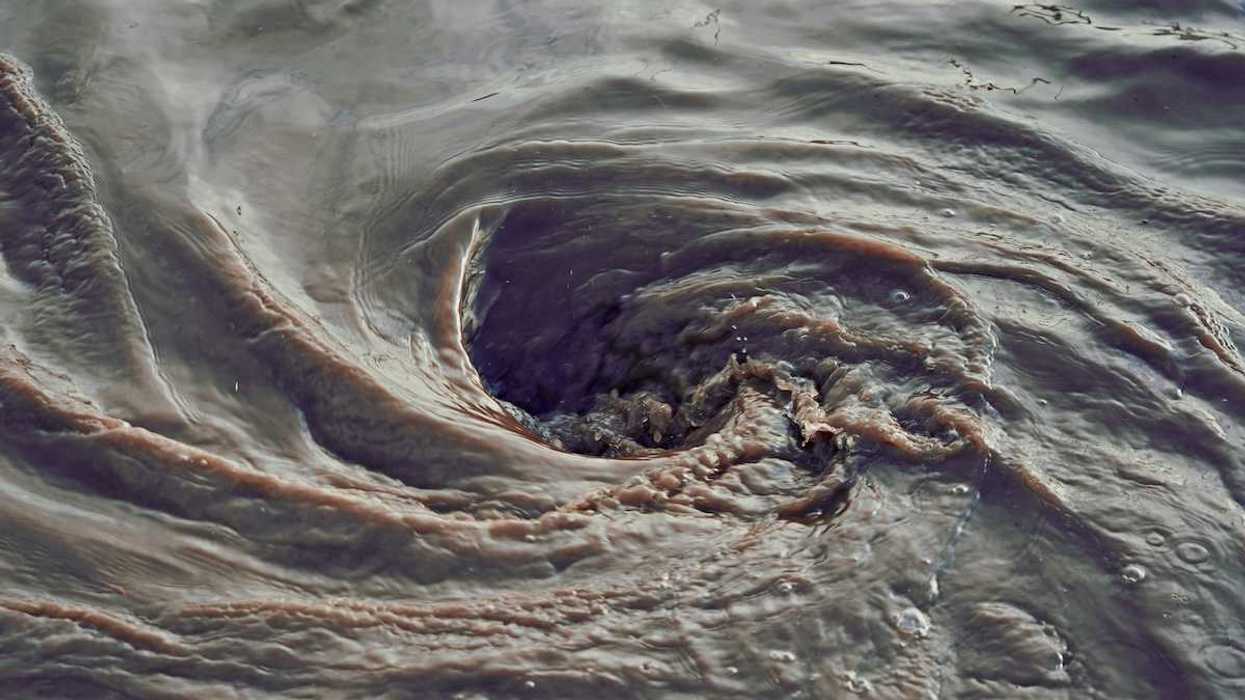Thousands of tons of pollution-filled e-waste are shipped illegally to Nigeria each year, and most of it is coming from Europe, according to a study released today.
The study, led by the Basel Convention Coordinating Centre for Africa and United Nations University, is alarming because many of the most common discarded electronics contain toxic metals and other compounds—such as mercury, lead, cadmium, flame retardants, polychlorinated biphenyls (PCBs)— that can harm people and the environment.
The researchers, who checked more than 200 shipping containers and 2,100 vehicles heading to Nigeria, found 66,000 tons of used electronics were shipped to Nigeria during 2015 and 2016. About 16,900 tons didn't work—which qualifies it as waste and makes shipping it illegal.
Related: E-waste grew 8 percent in just 2 years. Just one-fifth was recycled.
The European Union sent roughly 77 percent of the used electronics. The U.S. accounted for just 7 percent.
"In none of the inspected cases were there any consequences, neither for the exporters nor for the importers," the authors wrote.
TV monitors made up about one-third of the waste, followed by photocopiers and refrigerators.
"Used electrical and electronic equipment containing hazardous substances—mercury and [hydrochlorofluorocarbons] — are among the products with the highest non-functionality rates and the highest import volumes," said Percy Onianwa, director of Basel Convention Coordinating Centre for Africa, in a statement.
Global gadget problem
Globally researchers have expressed a growing concern about the growth of electronic waste, which often gets sent to developing countries. Last year the United Nations reported there was about 49 million tons of e-waste generated, which was an 8 percent increase from 2014. The same report estimated e-waste would increase another 17 percent by 2021.
More alarming—only about 20 percent of annual e-waste is safely recycled.
In the new report, the researchers said to solve the problem, Nigeria and exporter countries both need to bolster monitoring with penalties for illegal e-waste shipments or incentives for those following the rules.
Ruediger Kuehr, director of United Nations University's Sustainable Cycles Program, said shipped electronics should have required testing and come with certificates of whether or not they work.

